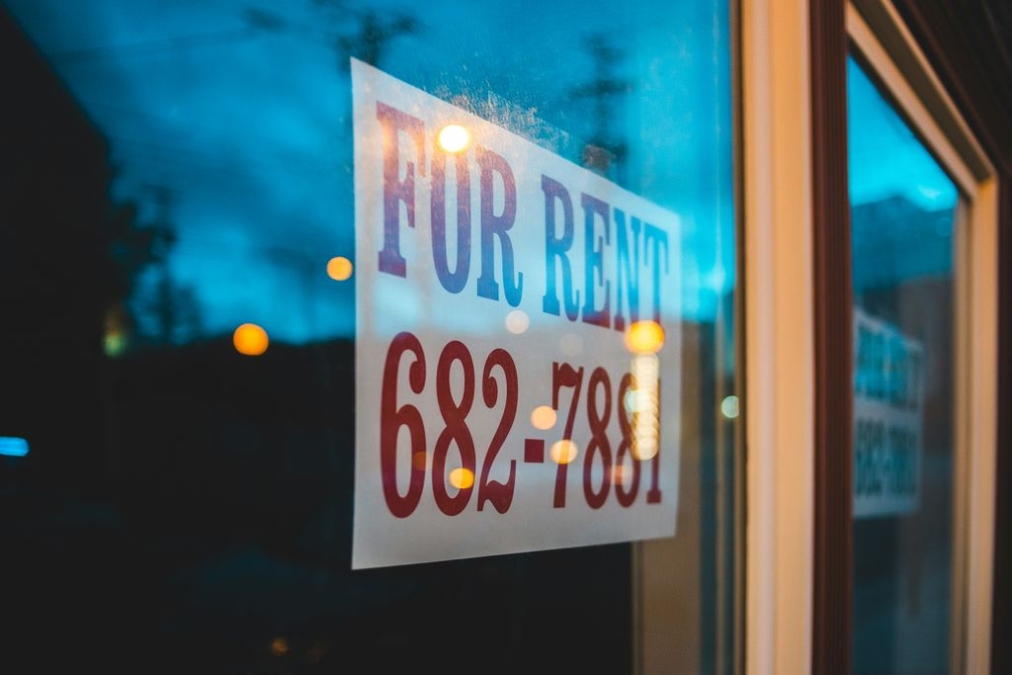Understanding the Bills You Pay When Renting a House
By Budget Savvy Hub | Updated January 23, 2024
When renting a house, it’s important to understand the various bills and fees that come with it. From utility bills to maintenance costs, being aware of these expenses can help you budget effectively and avoid any surprises. Let’s delve into the types of bills you can expect when renting a house and the key takeaways to keep in mind.
Table of Contents
Key Takeaways
- Understanding the types of bills when renting a house is essential for budgeting purposes.
- Utility bills typically include electricity, water, and gas, so it’s important to monitor usage and costs.
- Maintenance bills cover services like landscaping, yard maintenance, and appliance repairs, which are crucial for the upkeep of the property.
- Additional fees such as late payment fees and security deposits should be considered when budgeting for rental expenses.
- Being knowledgeable about these bills and fees can help renters avoid financial stress and plan their finances more effectively.
Types of Bills When Renting a House
Utility Bills
When it comes to utility bills, it’s important to understand the breakdown of costs. Here’s a simple breakdown of the typical utility bills you might encounter when renting a house:
| Utility | Description |
|---|---|
| Electricity | Power consumption for lighting, appliances, and electronics |
| Water | Usage for bathing, cooking, and cleaning |
| Gas | Fuel for heating, cooking, and hot water |
Remember to review your lease agreement to determine which utilities are included in your rent and which ones you are responsible for. This will help you budget effectively and avoid any surprises at the end of the month.
Maintenance Bills
When it comes to maintenance bills, it’s important to prioritize regular upkeep to avoid costly repairs in the future. This can include routine landscaping and yard maintenance, as well as prompt appliance repairs to prevent further damage. Additionally, keeping a record of maintenance activities and costs can help in budgeting and planning for future expenses.
Here’s a simple breakdown of maintenance costs:
| Maintenance Item | Average Cost ($) |
|---|---|
| Landscaping and Yard Maintenance | $100 – $300/month |
| Appliance Repairs | $50 – $200/repair |
Remember, staying proactive with maintenance can save you money in the long run.
Understanding Utility Bills
Electricity Bill
When it comes to the Electricity Bill, it’s important to monitor your energy usage to avoid unexpected costs. Consider using energy-efficient appliances and lighting to reduce consumption. Here are some common elements found in an electricity bill:
| Item | Amount ($) |
|---|---|
| Energy Charges | 75 |
| Service Charges | 15 |
It’s important to review your electricity bill regularly to identify any unusual spikes in usage. This can help you address potential issues and manage your energy consumption effectively.
Water Bill
When it comes to the Water Bill, it’s important to understand the usage-based pricing model. This means that the more water you consume, the higher the bill. Here’s a simple breakdown of the pricing tiers:
| Usage (Gallons) | Price Per Gallon |
|---|---|
| 0-1000 | $0.01 |
| 1001-2000 | $0.015 |
| 2001-3000 | $0.02 |
Remember to monitor your water usage to avoid unexpected costs. Conserving water not only benefits the environment but also helps reduce your bill.
Gas Bill
When it comes to the Gas Bill, it’s important to monitor your usage and consider energy-efficient appliances. Here are some key factors to consider:
- Gas consumption trends over the past year
- Comparison of gas usage with similar households
- Tips for reducing gas consumption
Tip: Regular maintenance of gas appliances can help improve efficiency and reduce costs.
Maintenance Bills Explained
Landscaping and Yard Maintenance
Landscaping and yard maintenance are essential for maintaining the aesthetic appeal and functionality of the property. Regular upkeep of the outdoor spaces ensures a pleasant living environment for tenants. Additionally, landlords may provide a breakdown of the monthly landscaping costs to tenants for transparency and accountability. Here’s an example of how the costs may be presented:
| Service Type | Cost ($) |
|---|---|
| Lawn mowing | 50 |
| Hedge trimming | 30 |
| Garden maintenance | 40 |
Tenants can use this information to understand the allocation of funds and the services provided. It’s important to communicate with the landlord or property management if there are any concerns or questions regarding the landscaping and yard maintenance expenses.
Appliance Repairs
When it comes to maintenance bills, it’s important to be aware of the costs associated with appliance repairs. These repairs can vary in expense depending on the type of appliance and the extent of the damage. It’s essential to budget for potential appliance repairs to avoid unexpected financial strain. Here’s a simple table to illustrate the average costs of common appliance repairs:
| Appliance | Average Repair Cost |
|---|---|
| Washer | $150 – $300 |
| Dryer | $100 – $250 |
| Refrigerator | $200 – $400 |
Remember to consider these potential costs when planning your maintenance budget. It’s always better to be prepared for these expenses rather than caught off guard.
Additional Fees and Charges
Late Payment Fees
Late payment fees can be a significant financial burden for renters. It’s important to be aware of the terms and conditions regarding late payments in your rental agreement. Additionally, it’s advisable to set up reminders to ensure timely payment of rent to avoid incurring these fees.
Here’s a simple table to illustrate the potential impact of late payment fees:
| Number of Days Late | Late Payment Fee |
|---|---|
| 1-7 | $25 |
| 8-14 | $50 |
| 15+ | $100 |
Remember, timely payment is crucial to maintaining a good relationship with your landlord and avoiding unnecessary expenses.
Security Deposit
When renting a house, it’s important to understand the implications of the security deposit. This deposit serves as a form of protection for the landlord in case of damages or unpaid rent. It’s typically refundable, but deductions may be made for any necessary repairs or outstanding payments. Security deposit amounts vary by location and rental agreement, so it’s crucial to review the terms carefully.
Here’s a simple breakdown of the typical security deposit amounts:
| Type of Fee | Average Amount |
|---|---|
| Security Deposit | $1000 – $2000 |
Remember, the security deposit is not an additional fee, but rather a safeguard for both the tenant and the landlord. It’s essential to maintain the property and fulfill all rental obligations to ensure a full refund of the deposit.
Conclusion
In conclusion, understanding the bills you pay when renting a house is crucial for financial planning and responsible tenancy. By being aware of the various expenses involved, tenants can make informed decisions and ensure that they are prepared for the financial commitments associated with renting. Knowledge of these bills also empowers tenants to budget effectively and avoid any unexpected financial strain.
Frequently Asked Questions
What are utility bills?
Utility bills are payments made for essential services such as electricity, water, and gas that are used in the rented house.
How are utility bills calculated?
Utility bills are usually calculated based on usage, and the rates may vary depending on the service provider and location.
What should I do if I have a high utility bill?
If you receive a high utility bill, you can check for any unusual usage patterns, ensure that appliances are energy-efficient, and consider discussing it with the landlord.
What maintenance bills am I responsible for as a tenant?
As a tenant, you are typically responsible for minor maintenance bills such as light bulb replacements and minor repairs. Major maintenance and repairs are usually the landlord’s responsibility.
Can the landlord charge additional fees apart from rent and bills?
Yes, landlords may charge additional fees such as late payment fees and security deposits. It’s important to review the lease agreement for details on additional charges.
What should I do if I have concerns about the bills I’m paying?
If you have concerns about the bills you’re paying, you should communicate with the landlord or property management to address any discrepancies or issues.
You may also like
Navigating Best College Savings Plans: Secure Your Child’s Future
When it comes to securing your child's future through college savings plans, understanding the…
Finding the Best Classic Car Insurance for Your Vintage Vehicle
When insuring your vintage vehicle, it's essential to find the best classic car insurance that…
A Seamless Transition: How to Change Banks Without the Hassle
Changing banks can be a daunting task, but with the right approach, it can be a seamless…



